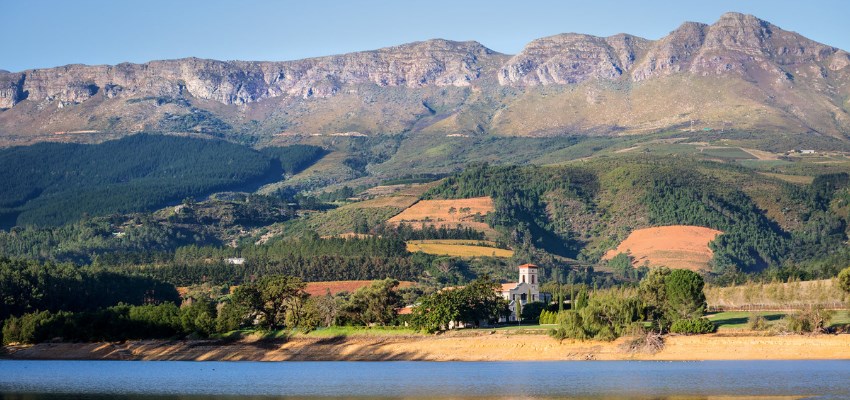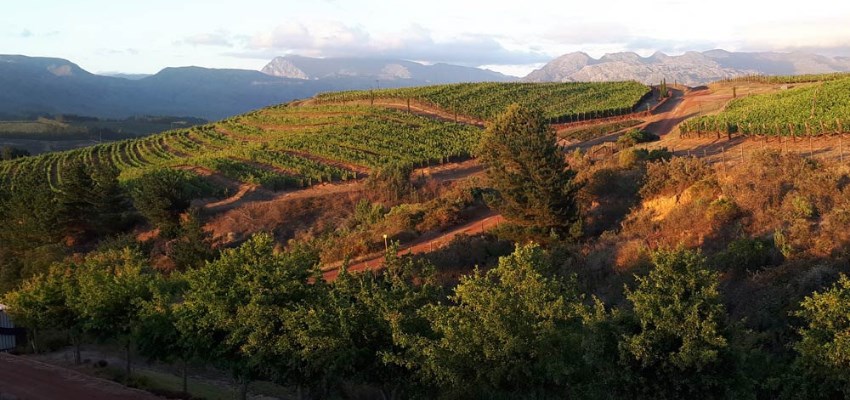Jean Vincent Ridon has been working behind the scenes in the field of wine estate mergers and acquisitions (M&A) for over 25 years. In a recent interview, he shares his expert insight into the current market trends.
You are known to be active in winemaking and sommelier training, and you've even coached the South African wine tasting team. But are you involved in property investment too?
I first came to South Africa to source wine properties for foreign investors. In 1997 I passed my South African estate agent exams.
Thereafter I joined Francis Vanderlinden from Prime Invest Stellenbosch to grow his portfolio of international wine clients.
One of the very first deals with which I was involved, Ashanti in Paarl, ended up having the Belgian and Hong Kong investors hiring me as a winemaker. This is how I became known locally for making wine.
When you work in selling, merging, or facilitating partnerships, the most important factor is confidentiality. Therefore, very little is public about this part of my activities. This is why my image is more linked to being a winemaker and a sommelier.

Ashanti Estate in Paarl, where Jean Vincent Ridon used to work as a winemaker.
What types of foreign investors have been interested in the South African wine industry?
You will find three types of foreign investors willing to take up positions in the South African wine industry.
Firstly, there are financial funders who invest in financial, operational return, and potential capital gain. This can be seen with Eileses Capital controlling Warwick and Uitkyk, or LVS Capital supporting the Ernis Els venture.
Then you have actual international wine players who are looking to diversify of their portfolios. You find big names like the French pair Prats-De Boüard who are now partners in Klein Constantia, May-Eliane de Lencquesaing's Glenelly, and Christian Dauriac’s Marianne Estate. One major move in the SA industry has been with Advini taking over L’Avenir, Le Bonheur, and Stellenbosch Vineyards.
The third category are winemakers who immigrated to benefit from the superb South African terroirs. These include the owners of Almenkerk, Spioenkop, Colmant from Belgium, Domaine Coutelier from France, Lismore from the USA, and Hasher Family Estate from Belguim. South Africa can be very attractive to international winemakers.

Spioenkop Wines in Elgin.
What is the market like, currently?
Virtually no prime properties are available on the European market, Chateau Latour, DRC or Vega Sicilia. As a result, potential investors are interested in acquiring the best South Africa names.
On the other hand, large global wine brands are facing a shortage of production in the northern hemisphere due to the climate change. In an attempt to secure their supply and mitigate their risks, they are keen on investing in South Africa as well as Chile and New Zealand.
However, one of the new trends is for investors to rely on local skills.Therefore, they choose to enter into partnerships or joint ventures. Rupert and Rothschild's Fredericksburg was the first foreign investments in the South African wine industry in 1997, for example.
I believe we may see more of these partnerships very soon in South Africa.